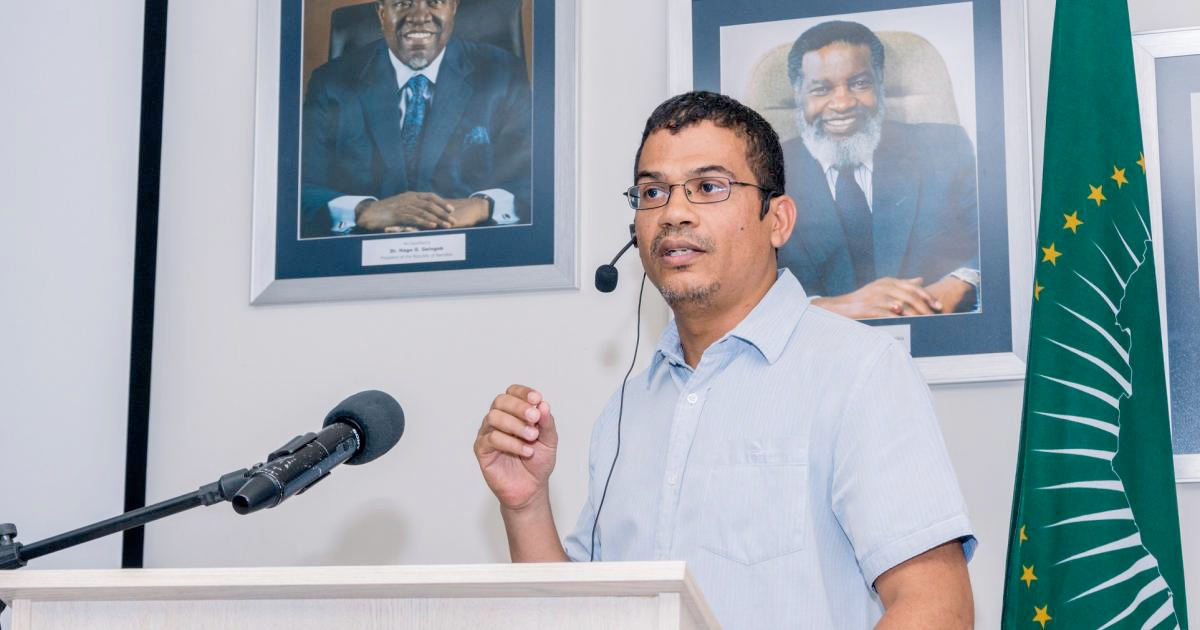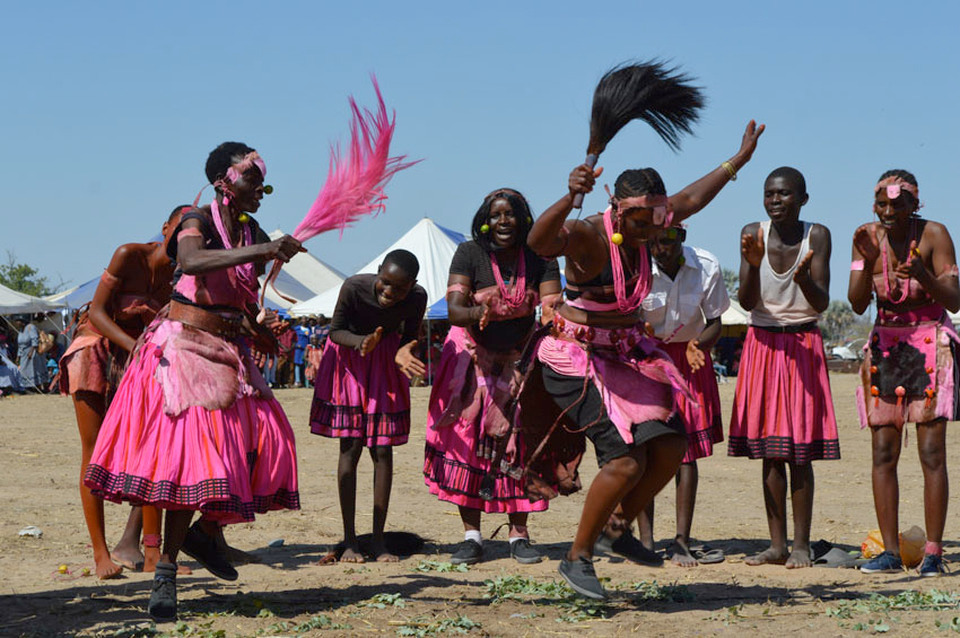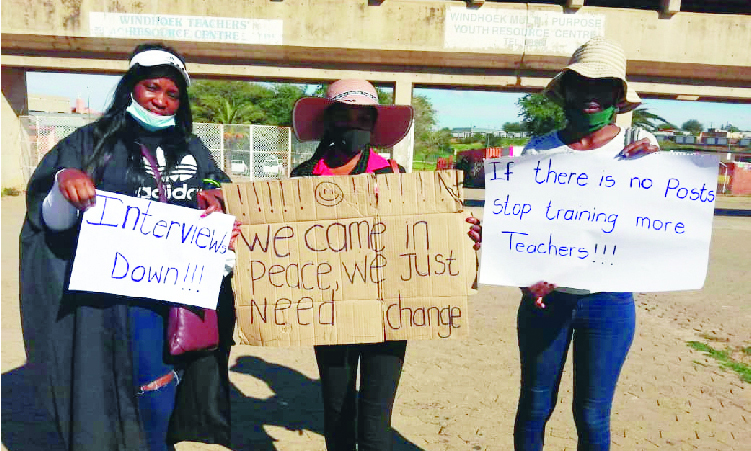THE government’s negotiator in the 1904 to 1908 genocide reparations, Charles Eiseb, says an agreement has finally been reached with Germany.
This agreement will be signed in a few weeks’ time, he says.
Eiseb yesterday said following the collapse of the German coalition government, finalising the negotiations is imminent.
“The joint declaration, the financing agreement, the reconciliation agreement, as well as the fourth one, are ready for signing. The two governments just have to decide when and how,” he said.
The Namibian government in 2022 agreed to renegotiate with Germany, with specific additions to the joint agreement after the affected Ovaherero and Nama communities rejected the deal worth over N$18 billion over 30 years.
“We have reached consensus on all documents,” Eiseb said.
FEARS
The are fears that an incoming government would not be willing to continue with these negotiations.
“Inevitably the collapse of the German coalition will have an adverse effect on the process if it is 100% impossible,” he said.
Eiseb said there would be a vote of no confidence in December, followed by the Bundestag being dissolved.
“We should work in such a way that we conclude this process before those dates,” the negotiator explained.
He said: “One cannot contemplate what it will be, but definitely it [a new government] would have an adverse effect.”
In June, the chiefs of the communities affected by the genocide said they wanted negotiations with Germany to be finalised before the end of this year.
During the same period, Namibia’s negotiators said Germany’s genocide deal with Namibia would involve an “uncapped” €1.1 billion (or N$21.4 billion).
At the time, negotiating team member Seth Nowaseb said the deal aims to mimic the €1.2 billion in reparations paid to Holocaust survivors.
The team has agreed with Germany that once that €1.1 billion is spent, additional, uncapped funds will be provided.
Historian Jürgen Zimmerer, an expert on the Herero-Nama genocide, says the withdrawal of the liberal Free Democratic Party from the German government coalition means they have no majority in the parliament to pass any laws.
“There will be a snap election on 23 February 2025. I don’t think any major step with regards to a new agreement with Namibia and with the Herero and Nama will be taken until then,” the historian says.
He expects the conservative opposition to win the election, and either the Social Democratic Party of Germany or Germany’s environmentalist Green Party would form a new coalition with them.
“This is not promising for the reopening of negotiations with Namibia,” he says.
Political scientist Erica Thomas says a change in German leadership could jeopardise the agreement either by renegotiating terms or introducing less favourable alternatives.
“The failed coalitions in Germany could potentially push Namibia to explore further international mediation or public campaigns for justice,” she says.
“Namibia could leverage this development to demand more direct compensation and a broader acknowledgement of German historical responsibility.
“This is actually a big test for the negotiations of 2021 that seems to fall from favour,” she says.
Meanwhile, international relations analyst Marius Kudomo says the collapse of the German government will not have a significant impact on the ongoing negotiations.
“Germany is involved in the negotiations not out of charity, but from a perspective of strategic interest and imperatives,” he says.
The analyst says finalising the genocide negotiations enables Germany to be regarded as a respected and influential global player in global affairs.
Stay informed with The Namibian – your source for credible journalism. Get in-depth reporting and opinions for
only N$85 a month. Invest in journalism, invest in democracy –
Subscribe Now!










